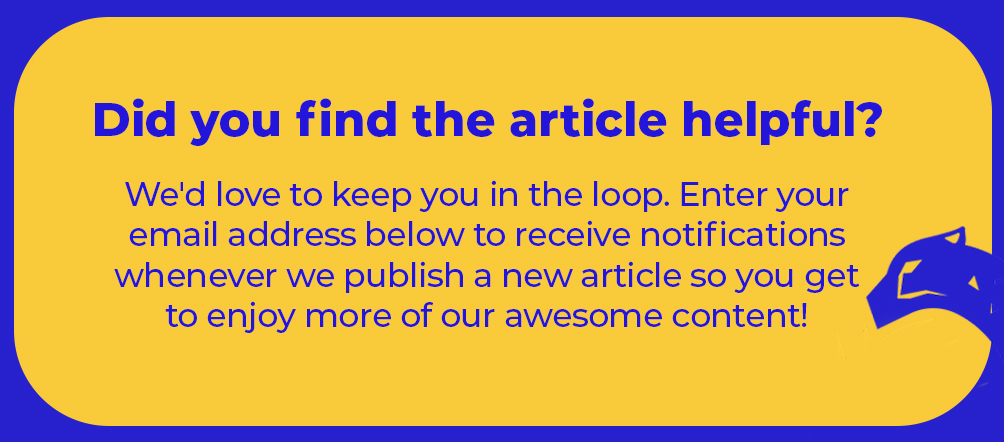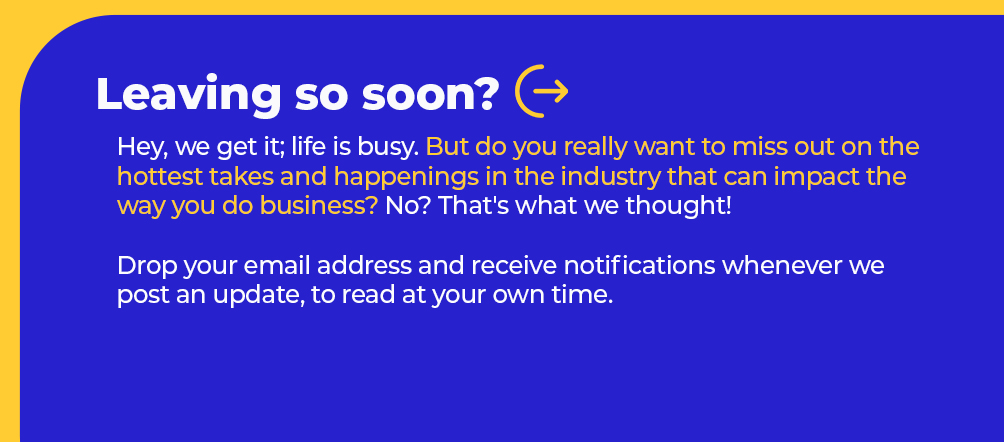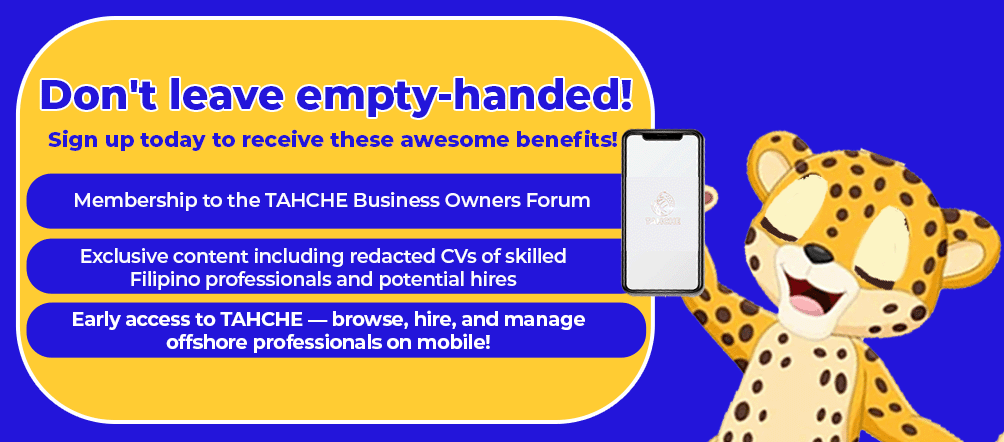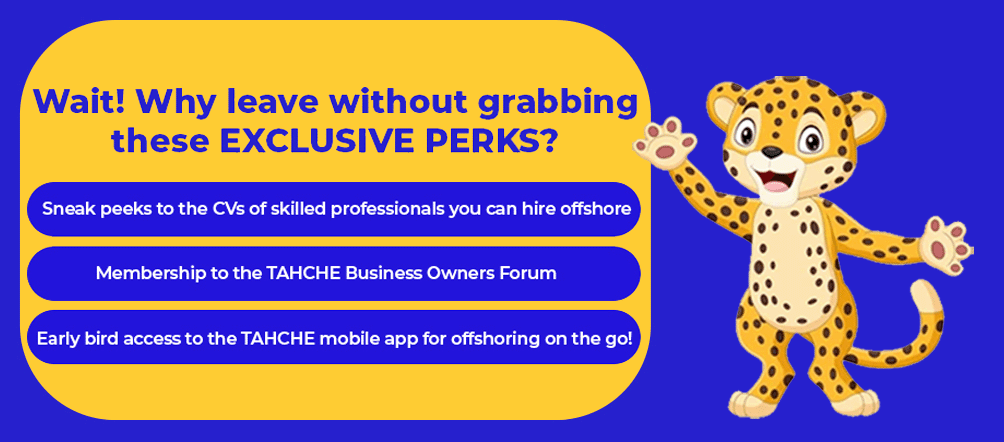AI’s job impact limited to 5%, says MIT expert, raising concerns about market stability
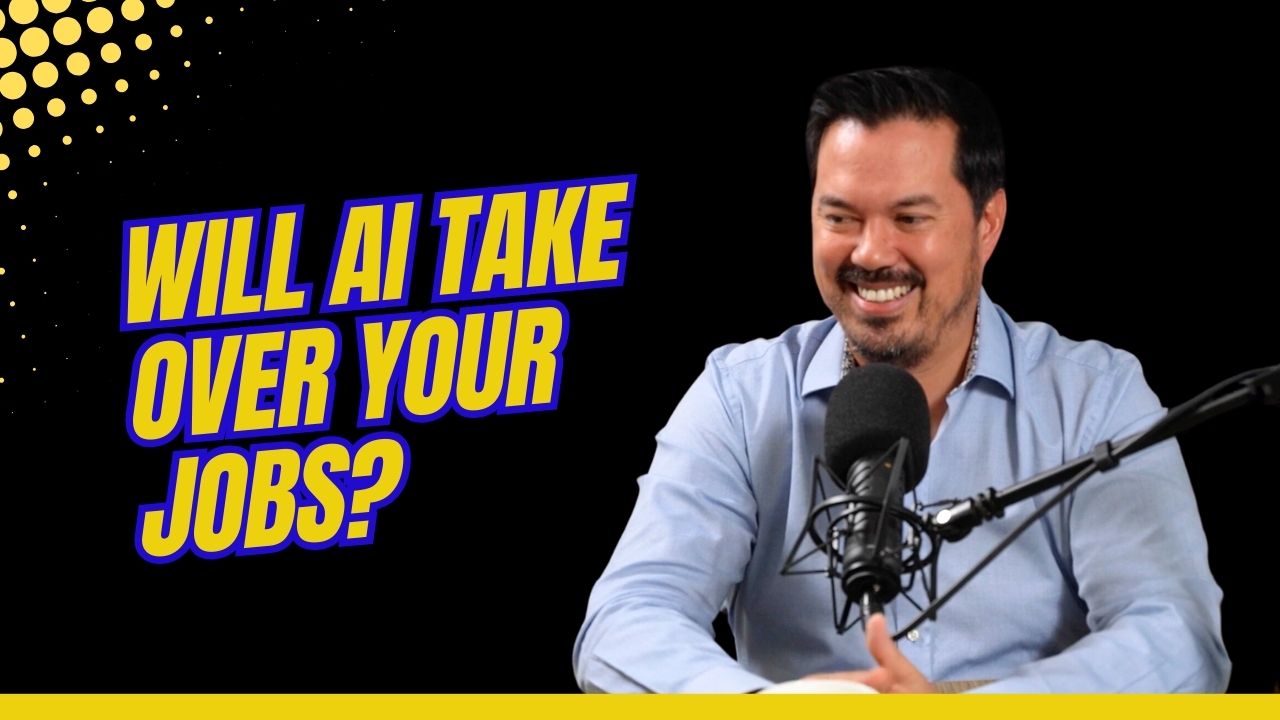

According to MIT economist Daron Acemoglu, despite the hype surrounding artificial intelligence and massive investments from major tech players like Microsoft, Alphabet, and Amazon, only 5% of jobs will be replaced or significantly aided by AI in the next decade. This challenges the popular narrative of an AI-fueled economic revolution—and raises important questions about what lies ahead for businesses and employees.
Acemoglu warns that companies looking to reduce labor costs by rushing to replace workers with AI may end up facing significant economic fallout if those AI systems don’t deliver as promised.
CEO Sound Off: Balanced optimism
It’s fascinating to see strong opinions about AI’s potential to disrupt the workforce—and even more fascinating to hear an MIT economist say that impact might be smaller than anticipated. Bryan’s take?
Bryan acknowledges that AI is already a powerful tool, enabling employees to become more efficient and productive. However, he does not foresee an immediate wave of job losses or a tech market collapse. Bryan believes the shift will be gradual, similar to past periods of technological disruption such as when automation first came to be.
He also views AI not as a standalone driver but as a resource that amplifies human potential. While businesses may streamline some tasks with AI, he maintains that genuine creativity, problem-solving, and insight still depend on people. A balanced approach—one that keeps workers engaged and supports them with AI tools—will help organizations innovate without major upheavals.
Creativity Still Matters
Bryan focuses on the value of human creativity. He acknowledges that AI excels at various tasks but notes that it often lacks the depth, nuance, and originality that people bring. For him, AI’s outputs can feel like regurgitations of existing information rather than groundbreaking ideas. He emphasizes that the imagination and unique perspective of human creators remain essential, even in an AI-augmented world.
The Way Forward
Forward-thinking organizations are taking a measured approach. They are investing in AI tools that enhance efficiency but still retaining the human element that drives innovation. Leaders who plan for workforce transitions—upskilling existing employees and reallocating talent to new roles—are more likely to avoid disruptions.
Tahche embraces this mindset by fostering an environment where employees use AI to boost productivity without sacrificing the creative and interpersonal strengths of a human-led team. This balance aims to position businesses for both immediate success and long-term sustainability.
_____
For more insights into how business is done in the Philippines, subscribe to The Philippine Business Playbook on YouTube, Spotify, and Apple Podcasts.



